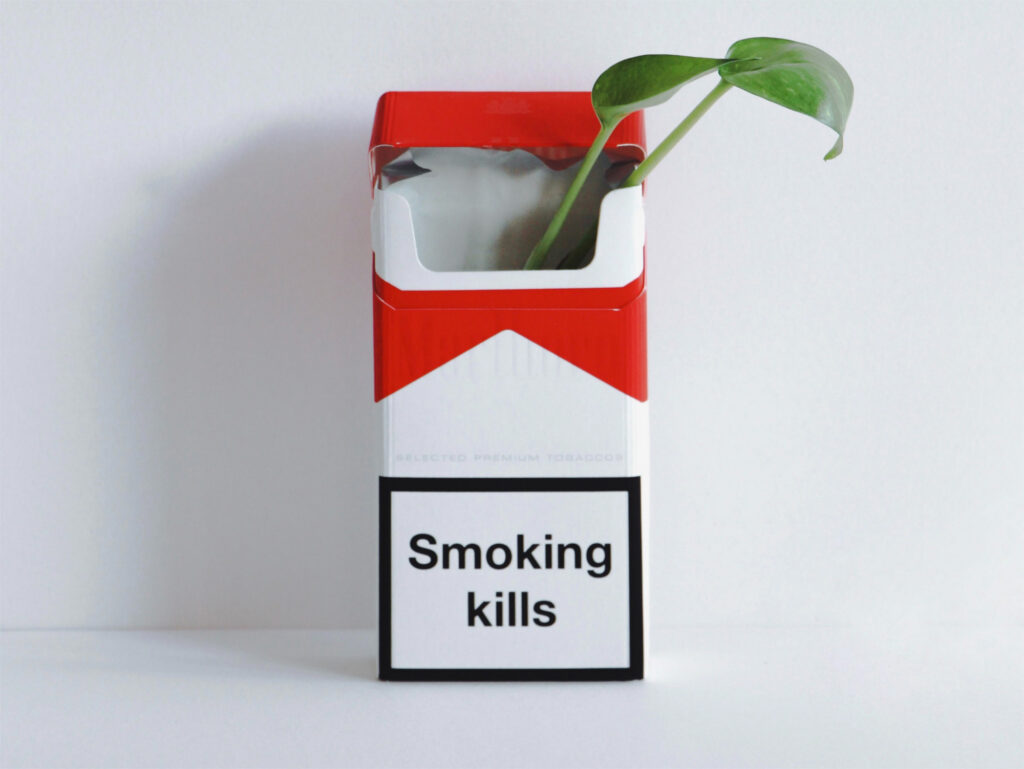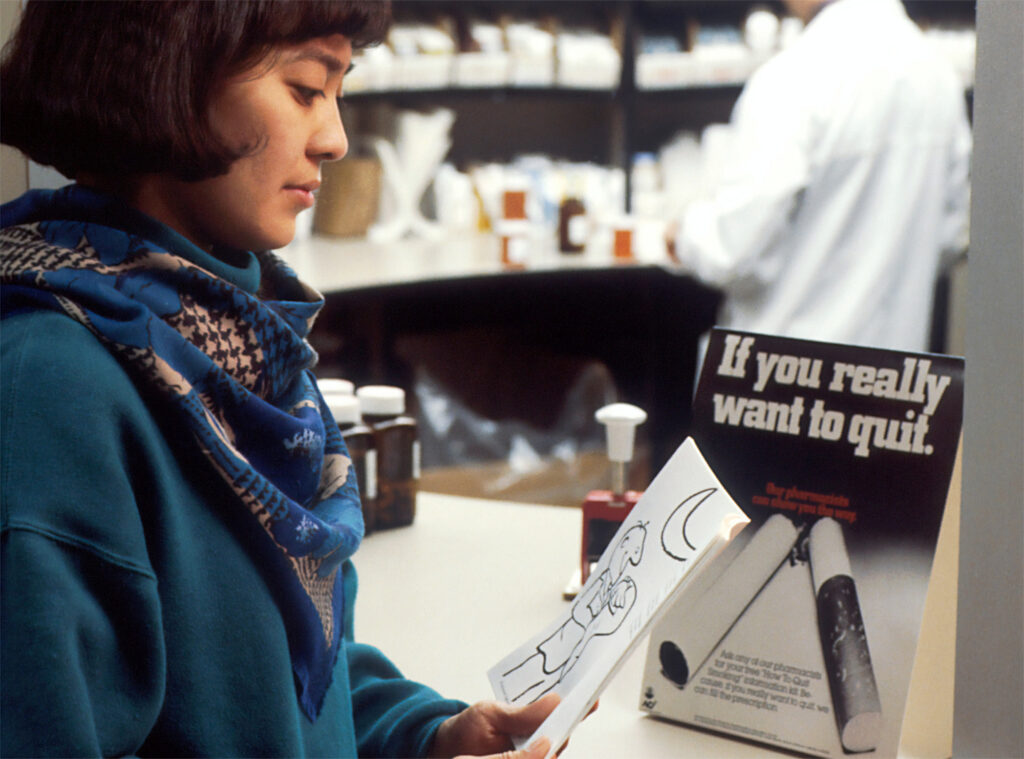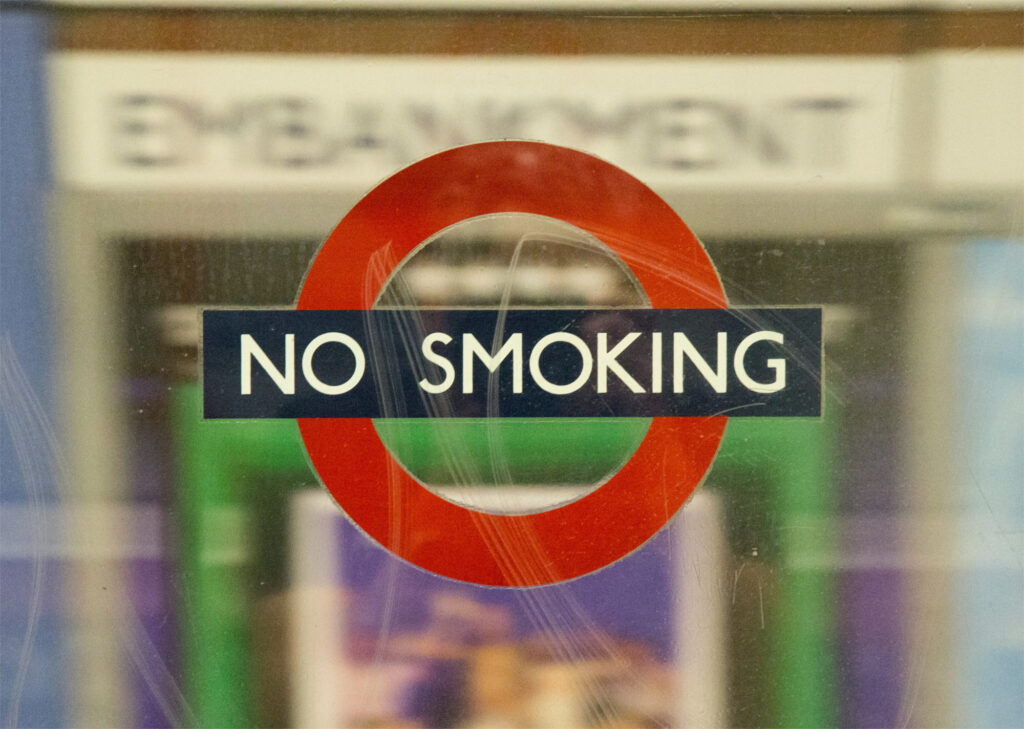Proven Tips To Help You Stop Smoking
Kicking a smoking habit may not be easy but understanding how addiction works and having resources around you which are proven to work are excellent tools when you are giving up cigarettes. There are many health consequences which are linked to smoking. For a lot of people, smoking is an addiction which makes it extremely difficult to stop smoking. There are many benefits of stopping smoking, from health reasons to financial reasons too. Read on to find out what happens when you stop smoking, advice to stop smoking and different ways to help to stop smoking.
Annually, 50% of smokers make an attempt to kick their habit. However, when smoking has become a substance use disorder, it is harder to withdraw from the addictive substances inside cigarettes. However, there is still plenty of hope! According to the same data, 2.9 million adults successfully stop smoking every year. There has been a year-on-year increase of former smokers compared to current smokers since 2002. There are multiple evidence-based methods which can help to stop smoking.

How to stop smoking
Substance use disorders can occur with smoking habits because cigarettes are extremely addictive. Nicotine is quickly absorbed through the lungs and into the blood, producing dopamine in the brain in a matter of seconds. Dopamine is a ‘feel good’ neurotransmitter, meaning you feel a reward from the act of smoking. Side effects from dopamine are short lived, meaning you are more likely to pick up another cigarette. When the body gets used to functioning with nicotine, smoking becomes an addiction. Breaking the habit and giving up cigarettes is especially difficult when you don’t know what is effective. Let’s explore some of the proven methods which help to stop smoking.
Over the counter products are available to anyone over the age of 18. Nicotine replacement therapy can help with withdrawal symptoms, as well as cravings. They work by sending controlled doses of nicotine to your brain, whilst avoiding other harmful chemicals which are in cigarettes. Nicotine replacement therapy options can be skin patches, nicotine chewing gum, nasal spray or lozenges. It has been proven that using one of these types of over-the-counter nicotine replacement options which is approved by the FDA can double your chances of success when giving up cigarettes. There are also nicotine free options available. Side effects of stopping smoking won’t be as intense when gradually withdrawing from nicotine using an NRT method.
When you quit ‘cold turkey’, it means you stop smoking without any form of assistance. This is the most challenging method of how to stop smoking, especially for long term smokers, as the sudden lack of nicotine causes intense side effects of stopping smoking and cravings. However, on a stop smoking timeline, sources suggest that quitting via this method may actually increase your chances of long-term success in giving up cigarettes.

In some cases, you may be able to obtain a prescription for a nicotine inhaler. This method simulates the physical act of smoking, whilst delivering a slow dose of nicotine which can be adjusted by a physician. The inhaler prevents nicotine from entering your lungs, instead it passes through your throat and mouth.
Sometimes, practices such as yoga, hypnotherapy, meditation or acupuncture can help you to stop smoking. In terms of help to stop smoking, there is not enough data to prove that these are methods which work for smoking cessation. Smoking is related to stress in your life, so it’s a good idea to find some alternative stress-relief options. The above options may be a good place to start, as well as trying to practice breathing techniques, exercise more often and develop an improved sleep routine to practice calmness. There are also apps which help offer advice to stop smoking. Some popular ones are quitSTART, QuitGuide and EasyQuit. These apps can help motivate you by reminding you of what happens when you stop smoking, as well as offering lots of resources to help stop smoking. Psychotherapy increases your changes of being able to stop smoking, when used alongside nicotine replacement therapy. It will teach you valuable skills in managing stress and may help you to make changes in your behaviour that can lead to giving up cigarettes for good.
What happens when you stop smoking?
On a stop smoking timeline, it takes one to three months to change your brains chemistry. After a week or two, cravings lessen and after a few months of resistance, you should be able to kick your habit. What happens when you stop smoking? There are many different positive effects on your body which occur, some of them almost instantly! If you can resist the temptation for just 48 hours, carbon monoxide levels in your body will be eliminated and all the nicotine in your body will have gone. Your sense of taste and smell will be stronger. After twelve weeks of giving up cigarettes, circulation will have massively improved. After 1 year, your risk of heart disease will be half of that of someone who is a current smoker. There are so many health benefits of stopping smoking. It may not be an easy journey, but there are lots of different resources which can help you break the habit.













